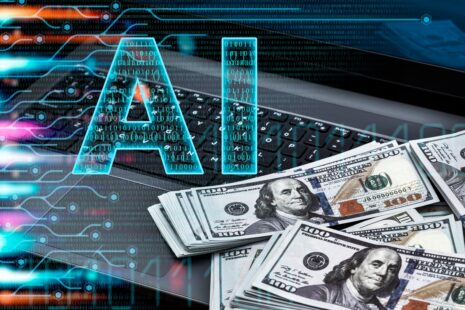The creation of artificial intelligence (AI) was not the work of a single person or organization but rather the result of decades of research and collaboration across multiple fields, including mathematics, computer science, neuroscience, and philosophy.
Timeline of Key Figures and Milestones in the Development of AI
Foundational Theories and Early Concepts
- Alan Turing (1912–1954)
Often called the “father of AI,” Turing proposed the concept of a “universal machine” (now known as the Turing Machine) and introduced the famous Turing Test to evaluate a machine’s ability to exhibit intelligent behavior indistinguishable from a human. - John McCarthy (1927–2011)
Credited with coining the term “artificial intelligence” in 1956, McCarthy organized the Dartmouth Conference, which is considered the birth of AI as a field. He also developed LISP, a programming language still used in AI research.
Early AI Programs
- Logic Theorist (1956)
Created by Allen Newell and Herbert A. Simon, this was one of the first AI programs capable of proving mathematical theorems. - ELIZA (1966)
Developed by Joseph Weizenbaum, ELIZA was an early chatbot designed to simulate conversation, demonstrating the potential of AI in natural language processing.
Advances in Machine Learning
- Frank Rosenblatt (1957)
Invented the Perceptron, an early type of neural network designed to mimic human thought processes, laying the foundation for modern deep learning. - Geoffrey Hinton, Yoshua Bengio, and Yann LeCun (1980s–2000s)
These researchers are pioneers of deep learning, a subset of AI that uses neural networks. Their work in the 2000s revived interest in AI and led to major advancements in areas like computer vision and speech recognition.
Modern AI and Applications
- IBM’s Watson (2011)
Watson gained fame for defeating human champions in the game show “Jeopardy!” showcasing the power of AI in understanding and processing natural language. - DeepMind’s AlphaGo (2016)
Created by Google DeepMind, AlphaGo was the first AI to defeat a professional human player in the complex board game Go, marking a significant milestone in reinforcement learning.
AI’s creation is the cumulative result of contributions from visionary scientists, researchers, and engineers over decades. From foundational theories by Turing and McCarthy to breakthroughs in machine learning by Hinton and others, AI continues to evolve, shaped by interdisciplinary efforts and global collaboration.




